From stubble to the dream of “superfood”
Born in 1982 in Nam Dinh , a purely agricultural province in the Northern Delta, Mr. Mai Van Hung grew up amidst vast rice fields and smoky harvests. The sight of straw being burned after each harvest is no longer strange, the smoke covers the country roads, affects the environment, pollutes the air, and even creates potential traffic accidents. For many people, that is an inevitable consequence. But for Mr. Hung, it is a problem that needs to be solved and opportunities lie in those seemingly discarded by-products.
“Vietnam is an agricultural country, with abundant waste products, but they are a burden for farmers and foresters. Most of them still have to be burned because there is no effective treatment solution. Meanwhile, mushrooms can decompose organic matter from straw, stubble, sawdust, tree branches, cassava stalks, corn cobs, etc. and turn them into foods with high nutritional value,” said Mr. Hung.
Mr. Mai Van Hung chose to grow mushrooms organically, not to follow the trend, but because he believes that mushrooms, known as the superfood of the future, can only truly develop their value when not interfered with by chemicals.
Not only food, mushrooms can also be applied in many other fields such as cosmetics, pharmaceuticals, functional foods, fast food, fresh food. With that potential, Mr. Hung believes that if we know how to exploit it properly, Vietnam can completely build a mushroom industry that develops in the direction of export, competitive enough in the world's demanding markets.
From the beginning, he chose the path of organic mushroom farming, not to follow the trend, but because he believed that mushrooms, known as the superfood of the future, can only truly develop their value when not interfered with by chemicals.
“Once food enters the body, there is no chance to correct the mistake. So if you do something, do it properly and make it worthwhile,” he shared.
For Mr. Hung, growing organic mushrooms not only creates nutritional value, but is also an environmental solution. It makes use of the huge amount of by-products in agriculture, contributing to reducing emissions, limiting pollution and helping farmers earn more income from what is considered waste.
Making a living in the mountains and forests
Leaving his hometown of Nam Dinh, Mr. Hung chose to start a business in Huong Can commune, Thanh Son district, Phu Tho province, a midland area with ideal climate conditions for mushroom cultivation. Here, he gradually built the first facility of Nam Tot. Not long after, the business continued to expand its operations to Bac Ninh province with a larger scale and more modern infrastructure.
Happy with the "brainchildren" in hand.
Starting out in a field that few people chose, Mr. Hung understood that only research and mastery of technology could help him survive. In 2015, he started producing seeds, a field that even many large factories at that time still depended on outsiders.
"Without being proactive in breeding, it will be difficult to be proactive in the market," Mr. Hung emphasized.
The process of building Nameco Good Mushroom was a series of trials, errors and even difficult stages. There were times when it was so difficult that he thought he was alone on this journey. But perseverance paid off.
Currently, Nameco owns a modern mushroom farm system, operating according to a climate control model, applying technology to each stage. From raw materials to varieties, to harvesting and processing, all follow organic standards. Each month, Namco Good Mushrooms supplies more than 20 tons of mushrooms to the market, with diverse product lines.
Dream of bringing Vietnamese mushrooms to the world
According to Mr. Hung, the Vietnamese mushroom industry is still facing three major bottlenecks: small-scale production, lack of policy direction, and limited awareness from consumers.
“Organic mushrooms cannot be equated with regular clean mushrooms. The difference lies in the process, cost and quality,” Mr. Hung affirmed.
Therefore, in addition to production, he focuses on communication and market education, especially with the younger generation. He also opens the farm to schools and students to come and learn and experience. Knowledge about mushrooms has been included in textbooks, which is a positive sign.
For him, development is not only about increasing output, but also about building a professional brand, deep processing, and expanding the distribution ecosystem. “I want to bring Vietnamese mushrooms to the world, not just fresh mushrooms, but health products with Vietnamese brands,” said Mr. Hung.
What is special about Mr. Hung is that despite his many achievements, he has never considered his journey complete. “I am still finding a way for Nam Tot,” he shared.
After more than a decade of pursuing the dream, Nameco Good Mushrooms have achieved organic standards and have a brand on the market.
That path does not stop at fresh mushrooms "from farm to table", but also develops post-processed product lines such as crispy dried mushrooms, lingzhi mushroom drinks, cordyceps, nutritional mushroom powder, cordyceps mushroom pills, instant mushroom soup, mushroom rice for children, mushroom tea to detoxify the body, nutritional cakes from mushrooms... Those products are not only to facilitate consumption, but also help Vietnamese mushrooms penetrate deeper into the health life of each family.
Once, when he was doing a survey in Tu Ky, Hai Duong, Mr. Hung met a woman who said that in the city there was a mushroom brand that was twice or three times more expensive but had to be ordered a week in advance. When he learned that it was "Good Mushroom", his friend pointed at Mr. Hung and said: "This is the founder of Good Mushroom". At that moment, Mr. Hung could not hide his pride, because his brand had begun to make its own mark.
Unlike many people who talk about agriculture with fancy words, Mr. Hung talks about what he has done. From waste products that are thought to be discarded such as straw and sawdust, he creates clean food. From the laboratory, he creates Vietnamese mushroom varieties. From an environmental perspective, he chooses sustainable development.
The journey has not stopped. It is still going on, in every mushroom bed, every meal, every house. And on that path, Mr. Mai Van Hung is still a modern, diligent farmer, finding a way to bring mushrooms into life in a persistent, kind and hopeful way.
Duy Loc
Source: https://doanhnghiepvn.vn/doanh-nhan/ceo-mai-van-hung-hon-thap-ky-theo-duoi-giac-mo-nam-huu-co/20250624083951184


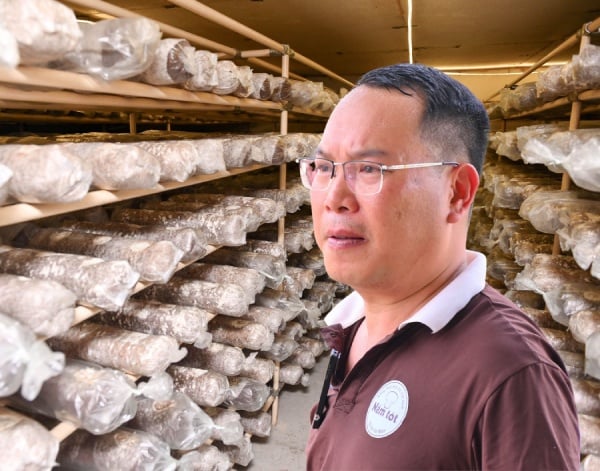
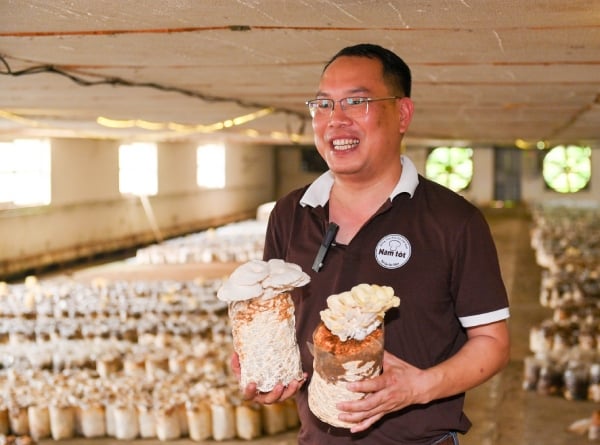
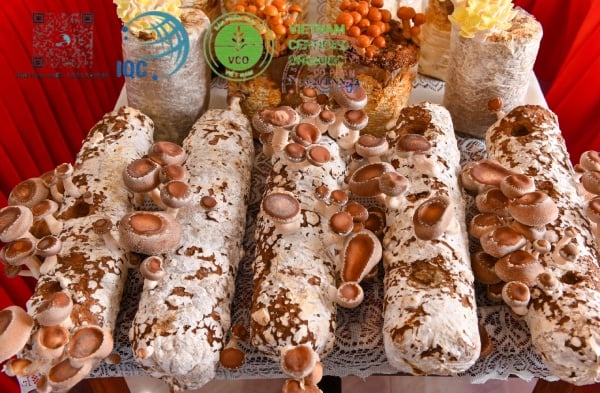
![[Photo] Close-up of modernized Thu Thiem, connecting new life with District 1](https://vphoto.vietnam.vn/thumb/1200x675/vietnam/resource/IMAGE/2025/6/24/d360fb27c6924b0087bf4f288c24b2f2)
![[Photo] General Secretary To Lam meets with the Group of Young National Assembly Deputies](https://vphoto.vietnam.vn/thumb/1200x675/vietnam/resource/IMAGE/2025/6/24/618b5c3b8c92431686f2217f61dbf4f6)

![[Photo] The 9th Party Congress of the National Political Publishing House Truth](https://vphoto.vietnam.vn/thumb/1200x675/vietnam/resource/IMAGE/2025/6/24/ade0561f18954dd1a6a491bdadfa84f1)
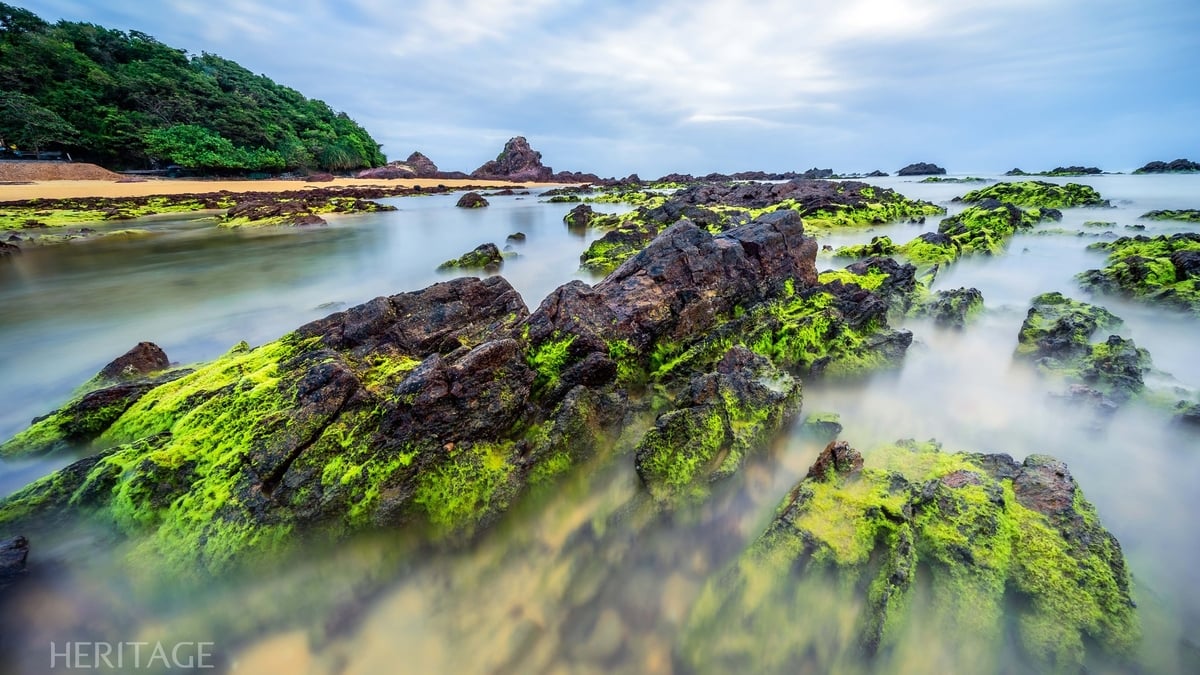

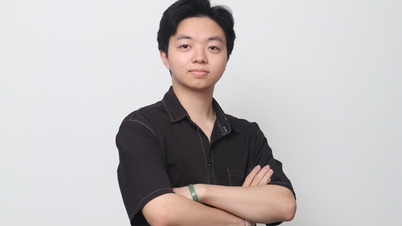



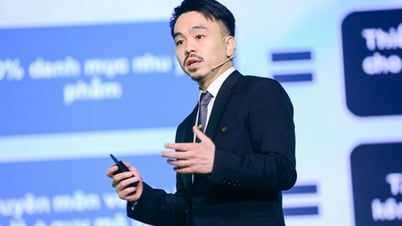





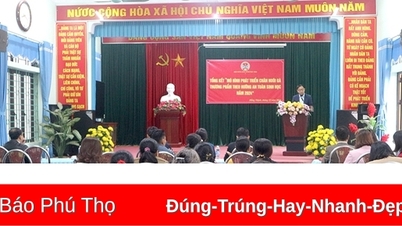

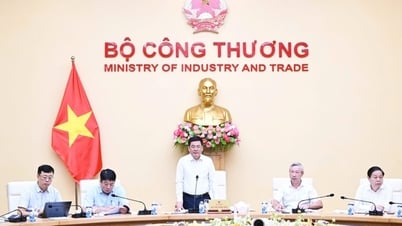

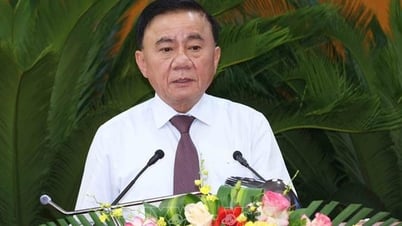

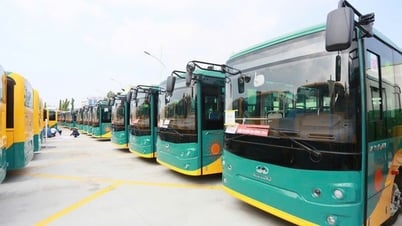







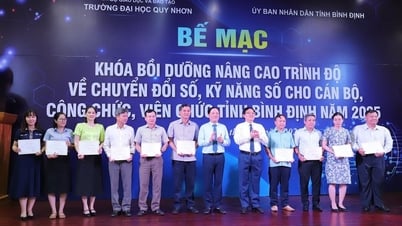
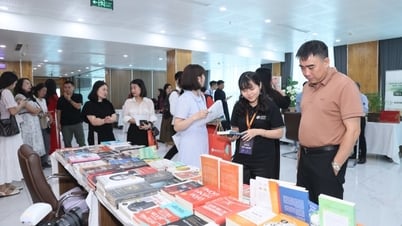
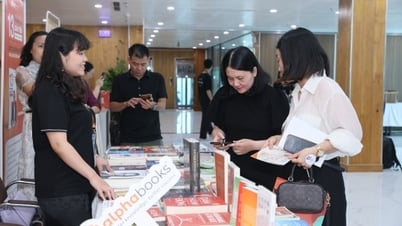
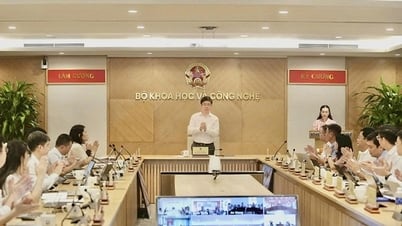
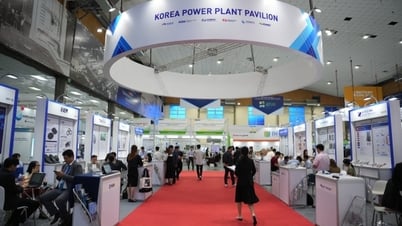
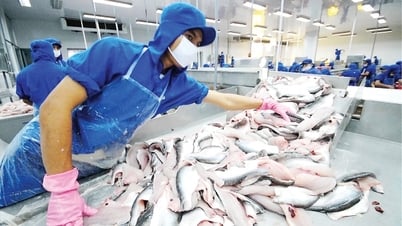
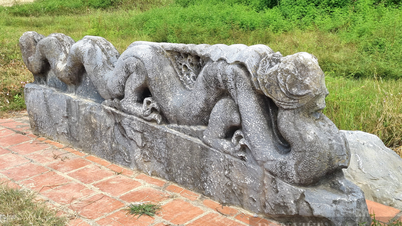
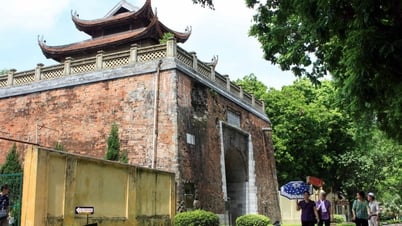

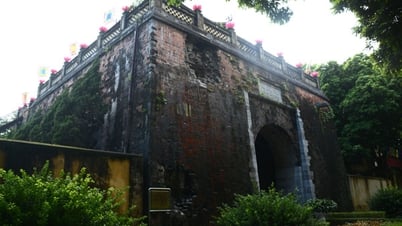

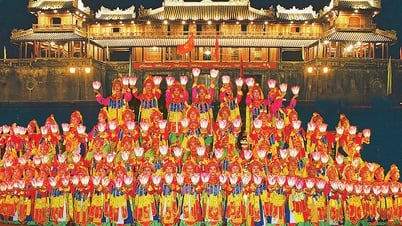



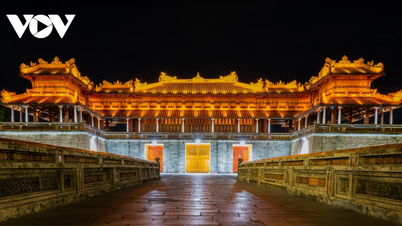

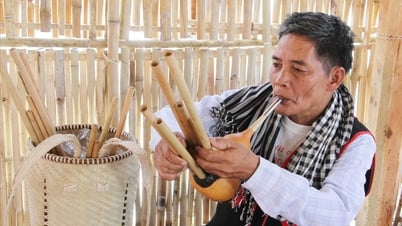





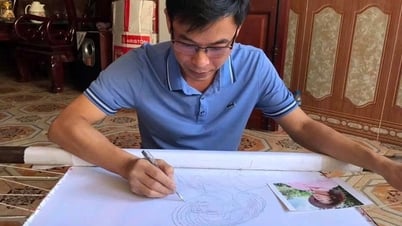
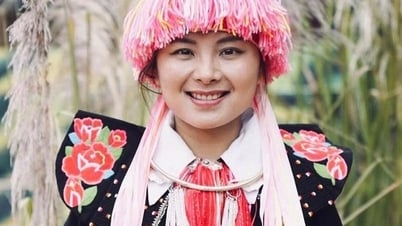


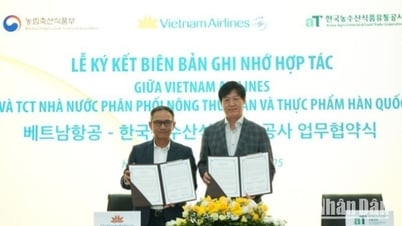

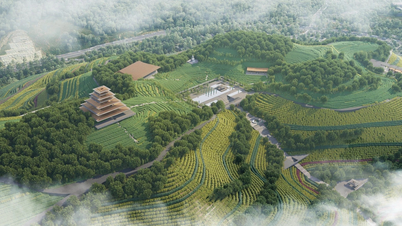



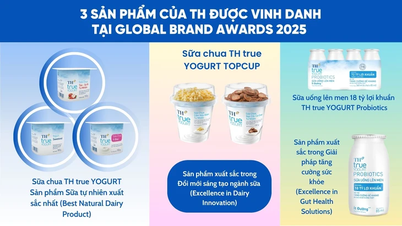
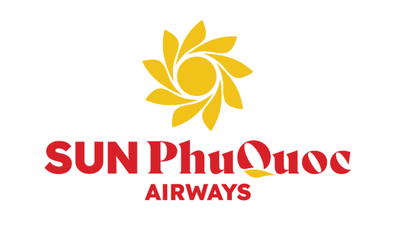


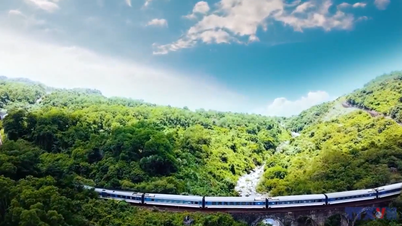

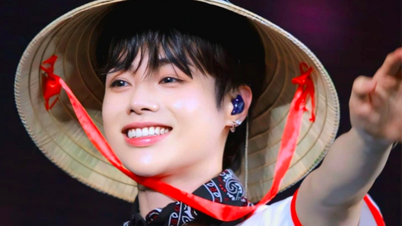

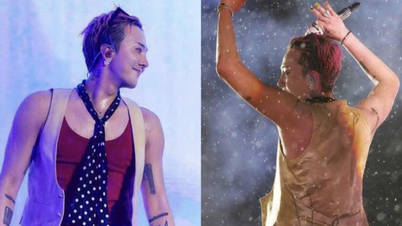


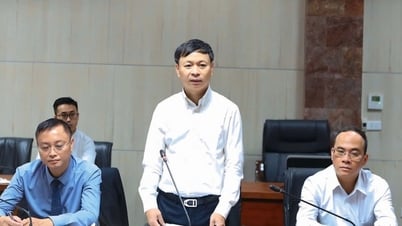

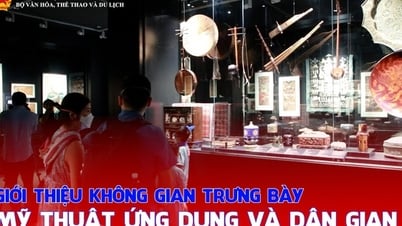

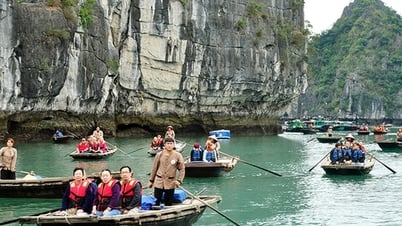

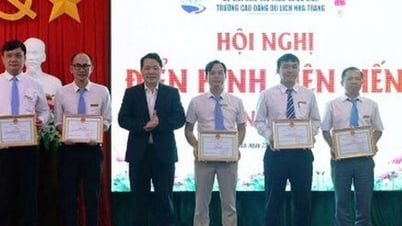



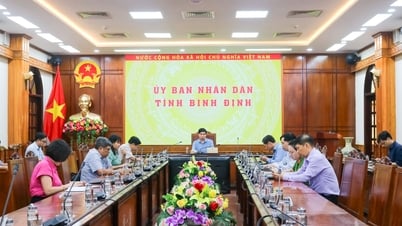



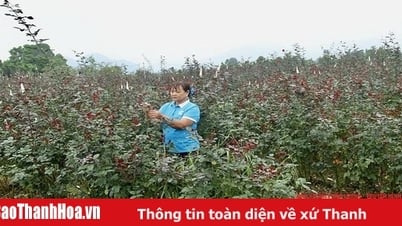

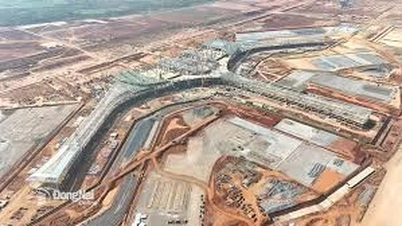

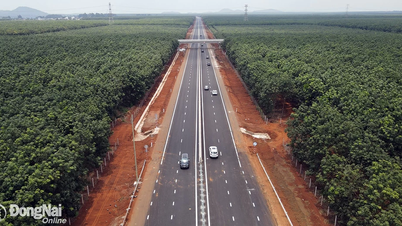












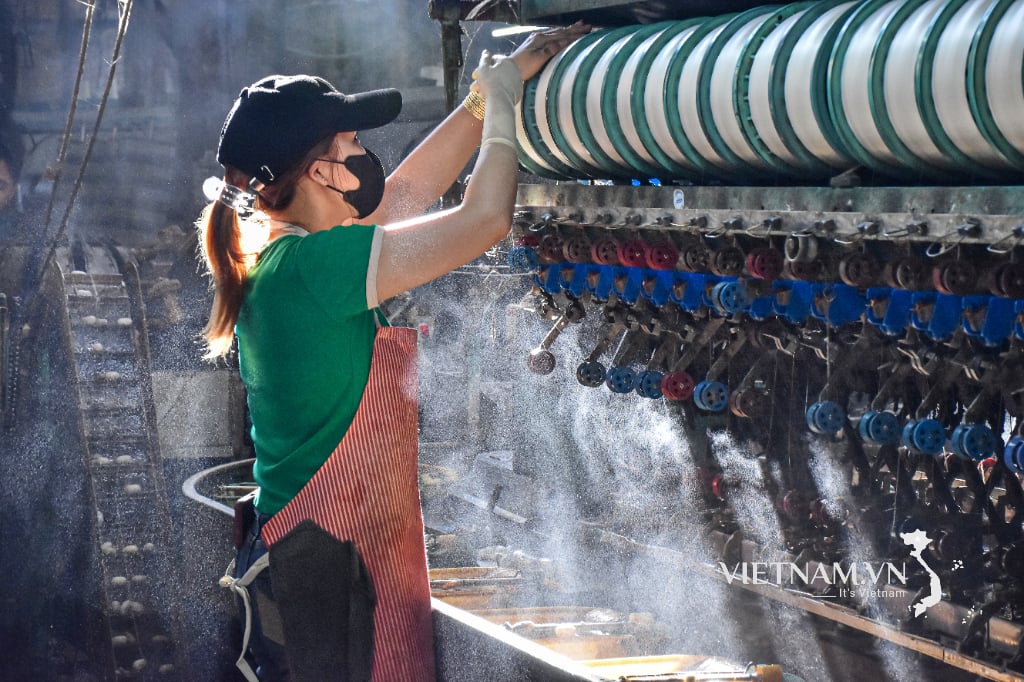


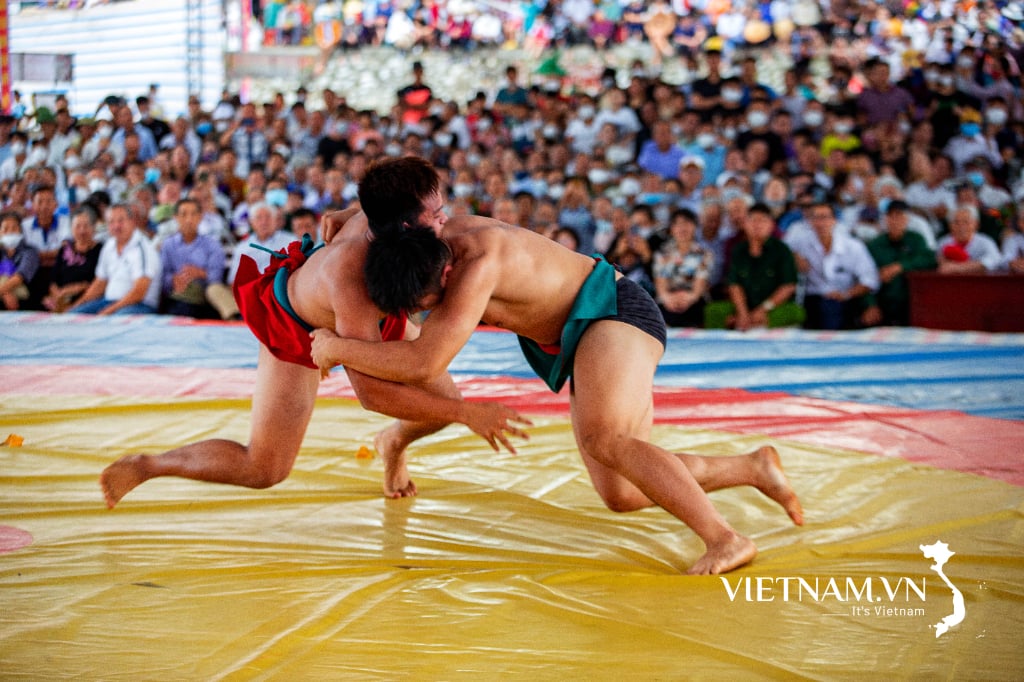
Comment (0)